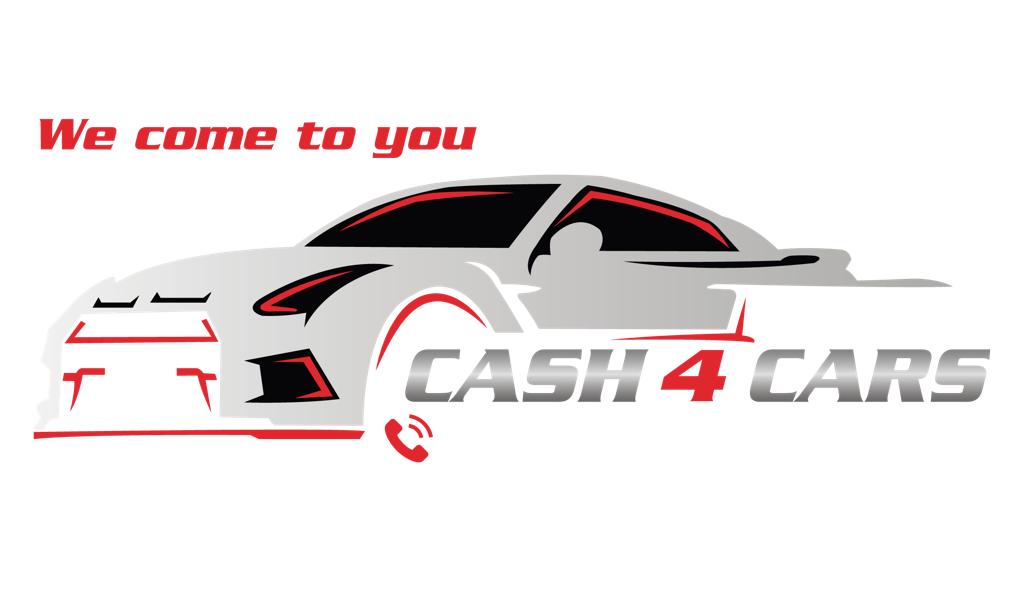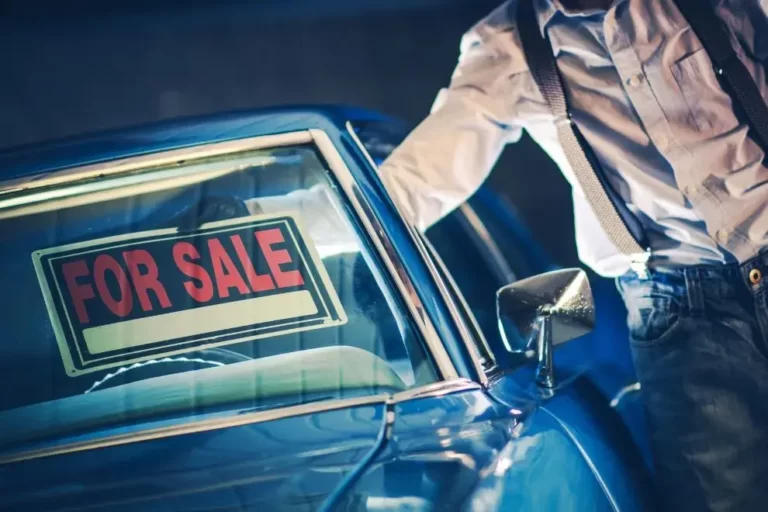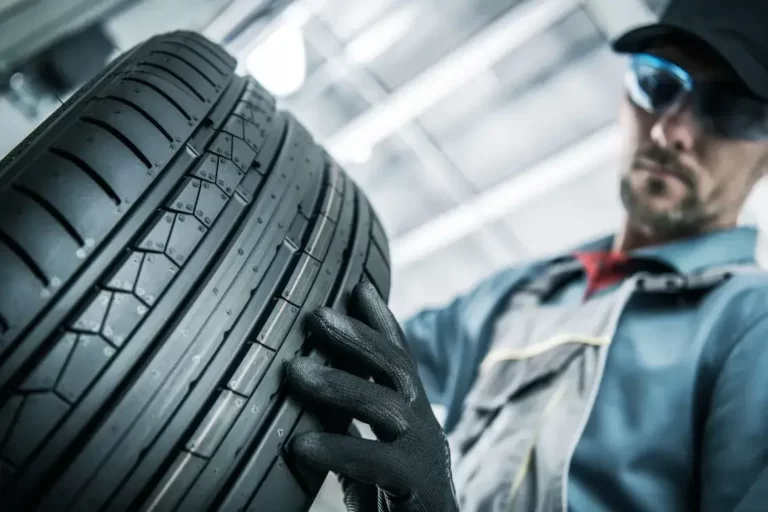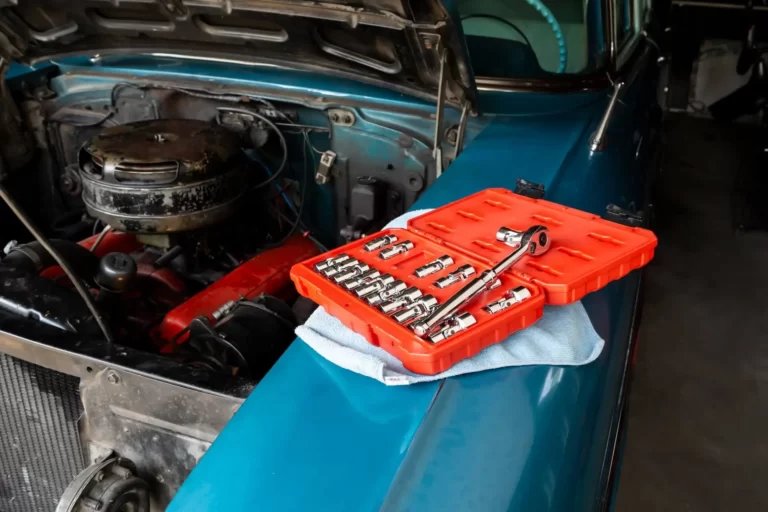Is It Worth It To Keep Fixing An Old Car
The question of whether Is It Worth It To Keep Fixing An Old Car is a tricky one. It depends on many factors, including the cost and difficulty of fixing it and its value to the owner. This article will examine these considerations to guide readers when deciding if they should be replacing them.
The costs of continuing repairs can vary greatly depending on the parts needed and the labour required. In addition, other expenses often come into play, such as taxes, insurance premiums, registration fees, etc., which should be considered before making this decision.
Furthermore, the age and condition of the car must also be considered since some cars may not have enough remaining lifespan for further maintenance to make sense financially.
The Sentimental Value
- Owners of older vehicles may experience an emotional attachment to the car due to its sentimental value.
- Such a connection can be difficult for some to part with. However, it is important to consider the practicality of maintaining an outdated vehicle.
- Financially, the investment required to keep an old car running can be substantial.
- Regular maintenance and the cost of parts and labour can quickly add up.
- On the other hand, the memories associated with an older car may be invaluable to some.
- Ultimately, whether or not to keep fixing an old car comes down to the individual’s assessment of emotional attachment and financial investment.
Emotional Attachment
In the automotive world, emotional attachment often plays a significant role in deciding whether to repair or replace an old car. People may struggle to part with their cherished vehicle due to sentimental value or historical significance. Consulting a mechanic can help determine if repairing the car is worth the cost and effort.
When evaluating repair or trade-in options, consider factors like age, condition, and price. It’s crucial to weigh these aspects to make an informed decision. In some cases, selling the car may be more economical than restoring it. However, sentiment can sometimes outweigh practicality, making driving a classic car an irreplaceable experience.
For those with strong attachments to their cars, restoration might feel worthwhile despite financial implications. Others may find themselves in a cycle of costly repairs, eventually reaching a point where further investment is not economically viable. Recognizing when to stop investing in restoration is a challenge.
Ultimately, the decision depends on individual needs and preferences. Some may prioritize costs and choose to buy a new car, while others may decide based on emotional attachment. Thorough consideration of all available options is essential in making the best decision.
Financial Investment
When investing in an old car, consider several factors. Repair costs can accumulate quickly while restoring a classic car, but its market value may provide financial benefits. Car loans could ease the burden of costly repairs, depending on individual circumstances. Weigh all options to make an informed decision about repairing an old car and preserving its historical value.
Memories
Besides the financial aspects of restoring an older vehicle, sentimental value also plays a role. Some individuals may proceed with costly repairs on their current car, despite its market value, due to personal connections and memories.
However, nostalgia should be balanced with practicality, as investing heavily in an old car might be more expensive than buying a new one, negating potential returns. Thorough consideration is needed to determine the best course of action, weighing cost against sentimentality.
Financial Implications
When evaluating an older vehicle’s financial impact, consider the costs of parts and labor. The vehicle’s age may make parts scarce or pricier than new ones, potentially driving up repair costs. When deciding between repairing or replacing an old vehicle, factor in the long-term benefits of a replacement, and assess which option is more financially viable.
Cost Of Parts
The cost of parts for an older car can significantly impact the decision to repair or replace it. When faced with bills amounting to hundreds of dollars, it might seem more appealing to purchase a new or used car. However, it is important to evaluate all options and compare costs before making a decision.
Consider factors such as the amount needed to restore your current vehicle and the deals available on new or used cars. Prices will vary depending on whether you choose a brand-new car or a more affordable pre-owned option.
Cost Of Labor
The labour cost is an important factor when deciding between keeping one’s current vehicle and purchasing a new or used car. Depending on the type of repair being done whether it’s major engine work or something more minor like replacing tires one should always consider how much time and money will be spent on parts and labour when undertaking any maintenance project.
This includes regular service intervals for your vehicle and wear-and-tear that can arise from everyday use and problems associated with ageing vehicles. In many cases, these costs may outweigh those associated with simply buying another automobile altogether, so it pays to research before investing too heavily in upkeep expenses.
Cost Vs. Replacement
One of the biggest financial implications to consider when determining whether you should keep repairing your current car or buy a new one is the cost versus replacement. Buying a new car can be expensive, but so too could fixing an old one. When deciding between getting a new ride and fixing up your existing car, comparing how much you’d pay in monthly payments for either option (assuming financing) is important.
If buying a used car, research all available options; often, negotiating with private sellers and dealerships will yield better prices than simply purchasing from a dealership alone. Furthermore, while fixing up your car may seem like the cheaper alternative at first glance, if multiple issues need addressing, it may be more costly than just getting another car altogether.
Safety And Reliability
When considering the safety and reliability of an old car, it is important to weigh the cost of repairs and maintenance against the cost of a newer model. The car’s age can indicate its overall condition, as older parts may be more prone to failure and require more frequent replacement.
Additionally, older models may lack the safety features of more modern vehicles, such as airbags, blind spot monitoring, and lane departure warnings. Finally, it is important to factor in the insurance cost, as rates may be higher for older vehicles and this can be one important factor in either fixing up or trading old car for cash.
Safety
Ensuring safety is crucial when deciding to fix an old car. As vehicles age, parts and systems wear down, posing potential safety hazards. To ensure safety, owners should check service intervals and safety features, such as blind-spot monitoring.
Regularly checking brakes, tires, and other maintenance items can prevent accidents. Investing in additional safety equipment like airbags and anti-lock braking systems can also be helpful. Ultimately, it is up to the owner to determine the acceptable level of risk for themselves and their passengers.
Reliability
Reliability is another key consideration when facing the dilemma of whether or not to keep fixing an old car. While safety should always be a top priority when it comes to vehicles, one must also consider the cost and hassle associated with constant repair work. For instance, the timing belt may need replacing more often than in newer models, which can add up in expenses over time.
In some cases, investing in a new car may be worth considering if you have doubts about the longevity of your current vehicle. As part of this decision-making process, individuals should consider any service intervals necessary for their particular model and additional features such as blind spot monitoring or anti-lock brakes.
The DIY Factor
The cost of parts for a repair of an older car can vary greatly depending on the make and model. The difficulty of the repair can also be a major factor in determining if a DIY approach is the best option. Professional mechanics can often diagnose the faults of a car quicker and cost-effectively than a novice.
However, even with the help of online tutorials and guides, some fixes may still be too complicated for the average person to undertake. But, to avoid wasting time and money, it is important to weigh the cost of parts, the difficulty, and potential satisfaction when deciding if the DIY approach is worth it.
Cost Of Parts
When considering DIY car repairs, it’s essential to factor in the cost of parts and determine if fixing an old car is worthwhile. Accurate identification of necessary replacements can prevent expensive repairs. Thorough research and expert advice are crucial for making informed decisions about repairs or part replacements. As a car ages, some components require more frequent maintenance due to wear and tear. Familiarity with recommended service intervals will help prioritize repairs without overspending. Regular monitoring of all components is vital to avoid costly repairs from neglect. Being aware of your car’s condition enables smarter decisions about repair expenses.
Difficulty Of Repairs
This is an important factor to consider when deciding whether it is worth fixing an old car or buying a new one. If a car leaves you stranded often, it is better to buy a new one as it is likely less expensive to repair the car than purchase another. However, if you need the car for daily use and it breaks down regularly, getting a new car might save you money in the long run.
Additionally, many parts require special tools that can only be found at specialized shops, which could make DIY approach more difficult and costly.
Satisfaction Of Success
Car owners contemplating DIY repairs should consider the satisfaction of success. With the right skills and tools, fixing your own vehicle can be rewarding. However, if a repair becomes too complex, it’s wise to consult a professional mechanic to avoid worsening the issue.
To prevent costly repairs, pay attention to unusual sounds or smells from your car, and familiarize yourself with recommended service intervals for routine maintenance like oil changes. Proactively addressing these concerns ensures an enjoyable driving experience while minimizing expenses. It’s crucial to evaluate all factors and options when deciding whether to repair an old vehicle or purchase a new one.
Knowing When To Move On
When considering whether to keep fixing an old car, financial considerations must be taken into account. The cost of parts, labour, and other related expenses must be weighed against the vehicle’s value. Emotional attachment can also be a factor. Some owners want to keep their vehicles even if it does not make financial sense.
Repair costs can vary greatly, ranging from minor fixes to expensive engine or transmission replacements. It is important to consider the amount spent versus the vehicle’s value and make an informed decision. In some cases, it is more economical to purchase a new car rather than continue to maintain an old one. Ultimately, it is up to the owner to decide whether it is worth it to keep fixing an old car.
Financial Considerations
Maintaining an older car can be costly, so it’s crucial to evaluate the expenses of repairs against buying a new or used vehicle. When deciding whether to continue investing in an aging vehicle, consider its make, model, age, and condition. For some cars with high repair costs, purchasing or leasing a new vehicle might be more economical than ongoing maintenance.
Before deciding on repairs for an old car, assess the potential benefits of financing a new one. By understanding your financial situation and researching market values, you can determine if a new car investment is worthwhile compared to maintaining an older vehicle.
Emotional Attachment
When emotionally attached to an older car, deciding when to move on can be challenging. It’s essential to weigh cost, age, and condition, but emotions also play a part in the decision. If your five-year-old car runs well and brings joy, it might be worth keeping despite potential repairs.
However, if its value has significantly depreciated or it’s nearing the end of its life, a new vehicle could be a better investment. Consider all these factors to determine the best choice for your budget and lifestyle.
Repair Costs
Repair costs play a significant role in deciding whether to replace an older car. Many people prefer buying a new vehicle to avoid expensive repairs and ensure reliability. However, fixing an old car might be more cost-effective than purchasing a new or used one.
Buying a used car often comes with lower prices but also necessitates maintenance and potential repairs. To make an informed decision, car owners should weigh the costs of repairing versus replacing their vehicle, considering its age, condition, and current market trends.
Conclusion
When fixing an old car, the decision-making process can be difficult. The sentimental value associated with the vehicle may cloud judgment, while financial implications and safety concerns must also be considered. After considering all of these factors, one must decide if they want to take on the DIY project or move on from their beloved automobile.
Coincidentally, however, making this decision need not only come down to practicality. For some, understanding when it is time to let go can provide a sense of closure that allows for fond memories without having to worry about future maintenance costs. In other words, sometimes saying goodbye is worth more than holding onto something simply because of its history.
Frequently Asked Question
Q: What repair factors should be considered when deciding to keep or replace an older car?
A: Factors to consider include the value of the car, frequency of repairs, cost of repairs, reliability, and how it compares to the cost of buying a new or reliable used car.
Q: When is buying a new car a better option than repairing your current car?
A: Buying a new car might be a better option when the cost of repairs exceeds the value of your vehicle or if the frequency and expense of repairs are significantly impacting your budget and causing inconvenience.
Q: How do I determine the life of my car and decide if it’s worth repairing?
A: To determine the life of your car, consider factors such as its age, mileage, maintenance history, and overall condition. If the car still has a significant amount of life left in it and the cost of repairs is less than buying a new car, it may be worth repairing.
Q: What are the main arguments for fixing an older car instead of buying a new one?
A: Fixing an older car can be a more affordable option as it is often cheaper to repair than purchasing a new vehicle. Additionally, repairing can extend the life of your car, allowing you to avoid a new car payment and potentially increased insurance costs.
Q: Can frequent repairs still be worth it when compared to the cost of a new car payment?
A: It depends on the specific cost of repairs and the car payment. In some cases, frequent repairs may still be cheaper compared to a new car payment. However, it’s essential to weigh the cost of repairs against reliability and the potential benefits of a new car.
Q: How do I know when it’s time to buy another vehicle instead of continuing to fix my current car?
A: Signs that it might be time to buy another vehicle include frequent and costly repairs, poor reliability, and safety concerns. If repairing your car no longer makes financial sense, it may be time to invest in a new or reliable used car.
Q: Is it always cheaper to repair an older car rather than buying a new one?
A: It isn’t always cheaper to repair an older car. There may be cases where the cost of repairs is so high that buying a new or reliable used car makes more financial sense. It’s essential to weigh the costs and benefits to make an informed decision.
Q: How can I determine if my car repairs are typical wear and tear or signs my car is reaching the end of its life?
A: Typical wear and tear repairs would include things like brake pads, tires, and regular maintenance. If you’re encountering frequent major repairs, such as transmission or engine issues, it may be a sign your car is reaching the end of its life.
Q: What types of problems can I expect with my vehicle as it ages and racks up mileage?
A: As your vehicle ages and accumulates mileage, you may experience issues such as corrosion, worn suspension components, degraded seals and gaskets, and problems with the engine and transmission. Regular maintenance and timely repairs can help prolong the life of your car.
Q: What should I consider when weighing the pros and cons of repairing my car or buying a new one?
A: Consider factors such as the cost of repairs, the value of your current car, future repair needs, reliability, and your budget when deciding whether to repair your car or buy a new one. It’s important to weigh these factors to make the best decision for your personal situation.







